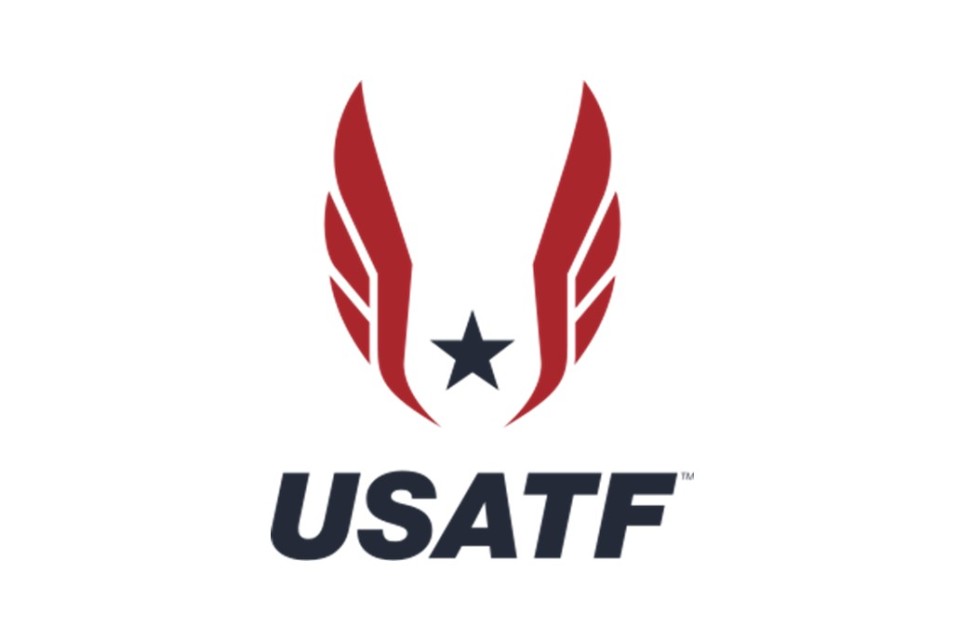Tue, September 21, 2021
IOC Transgender Guidelines further delayed to 2022
To optimise for archiving, the original image and related documents associated with this article have been removed.
The International Olympic Committee transgender guidelines have been delayed until 2022 due to “very conflicting opinions.”
The guidelines are now expected to be published after the 2022 Winter Olympics in Beijing which would be three years later than originally planned. The IOC’s science and medical director Dr Richard Budgett said the guidance would “prioritise inclusion” and “avoid harm.”
The IOC currently suggests that trans women should be allowed to compete in women’s sport if they reduce their testosterone levels for 12 continuous months although individual federations can create their own specific rules.
Speaking to a Council of Europe conference on protecting and promoting the human rights of intersex and transgender athletes in sport competitions, Budgett has said that this approach could change “There’ll be broad high-level guidelines – more like a framework, it’s the international federations who will determine the specific rules for their sports and their events. The particular changes from 2015 are the emphasis on the priority of inclusion, and on the avoidance of harm, but always bearing in mind the importance of fair and meaningful competition. We still have to agree on the framework. It’s challenging. But it will be published in a few months’ time – at the latest just after the Beijing Olympic Winter Games. We’re very aware that sex, of course, is not binary. It’s a continuum. The sectors overlap. And so the solutions are not essentially going to be binary.”
“Transgender women are women,” Budgett said. “But we also have to separate gender from eligibility. And eligibility needs to be sport specific in order to have this fair and meaningful competition at all levels, but especially at the elite level, where the stakes are that much higher.
“There’s going to be different criteria for different sports. If you compare archery to hockey to rowing, they require very different skills. And an elite athlete from one is unlikely to be an elite athlete in another. And we have to determine what really is a disproportionate or insurmountable advantage.”



